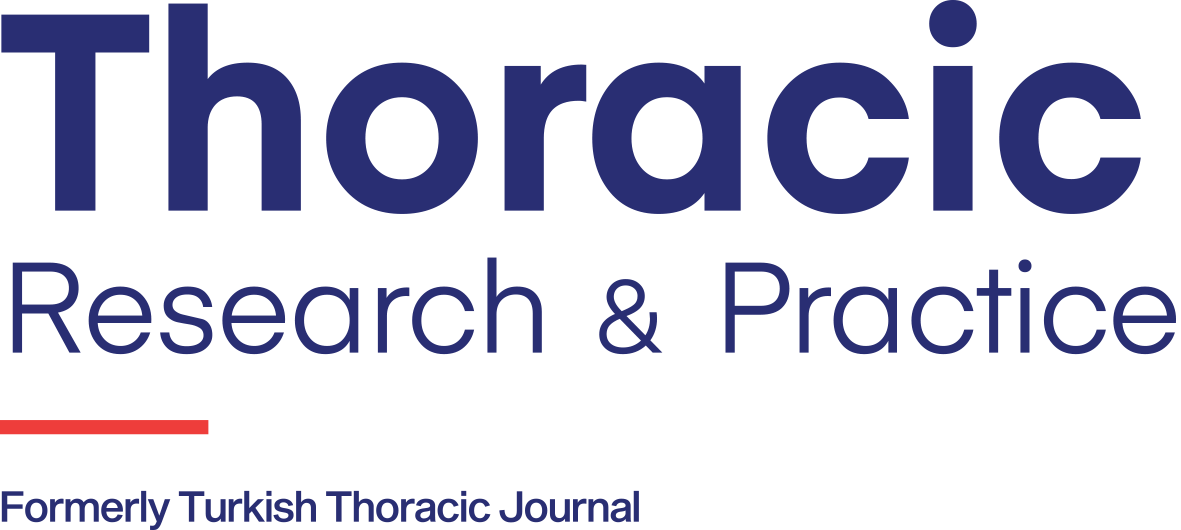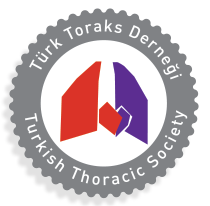Abstract
Abstract
Gastroesophageal reflux disease (GERD) is common, but has varying prevalence around the world, with Western Europe, North America, South America, and Turkey having the highest prevalence rates of approximately 10% to 20%. Bor et al. reports 20% GERD prevalence in Turkey. Heartburn and regurgitation are common symptoms of typical reflux disease with the most common manifestation of esophageal injury being reflux esophagitis; however manifestations of GERD include both esophageal and extraesophageal syndromes. Reflux cough syndrome, reflux laryngitis syndrome, and reflux asthma syndrome are the extraesophageal syndromes in association with GERD. Potential ways in which GER may contribute to reflux cough, laryngitis, and asthma syndromes involves both direct (aspiration) and indirect (neurally mediated) mechanisms. Chronic cough, defined as cough greater than 8 weeks duration, is a common condition seen by physicians. In nonsmoking patients with a normal chest radiograph, not taking angiotensin-converting enzyme (ACE) inhibitors, the most common causes of cough include postnasal drip syndrome (PNDS), asthma, GERD, and chronic bronchitis, and these four conditions may account for up to 90% of cases of chronic cough. It must be considered that some of the PNDS cases could be in relation with GERD. Patients with excessive esophageal acid exposure and positive reflux-cough associations have the best chance of responding to PPI treatment. In patients with GERD and chronic cough, the results of surgical treatment are controversial; Ege reflux study group suggests confining surgery for the patients only who have typical GERD symptoms. The current body of evidence largely supports the concept that neuronal crosstalk between the esophagus and airway drives the relationships between gastroesophageal reflux and cough, however present technologies limit our ability to accurately detect refluxate reaching the larynx, pharynx and lower airways. Future strategies for treating patients with cough reflux associations are likely to include treatments to modulate the numbers of reflux events or the underlying neuronal hypersensitivity.



